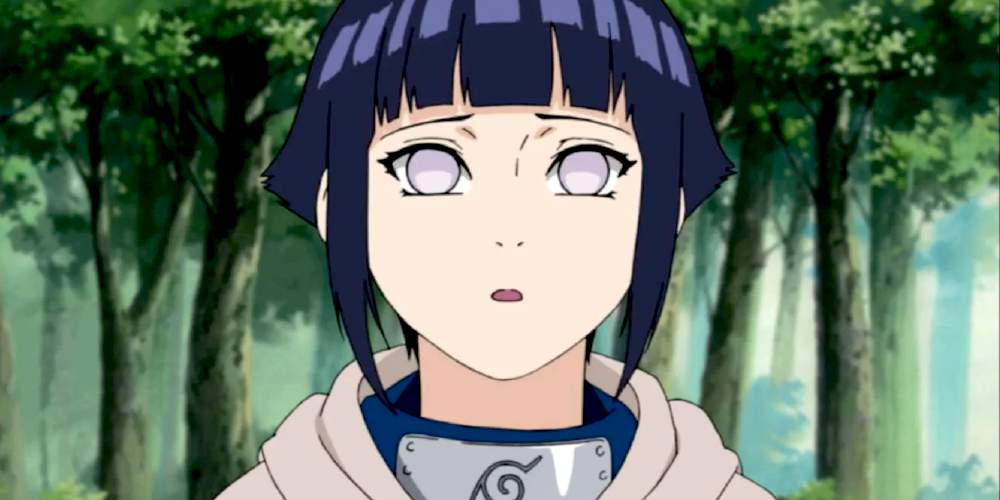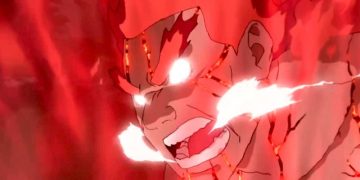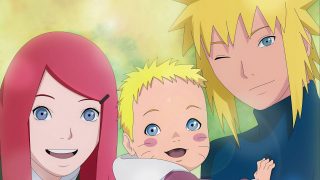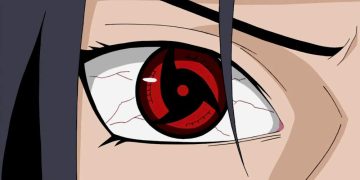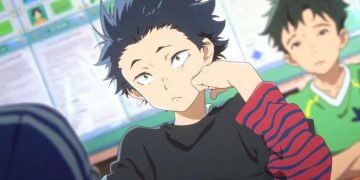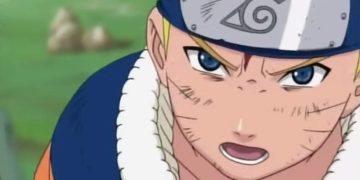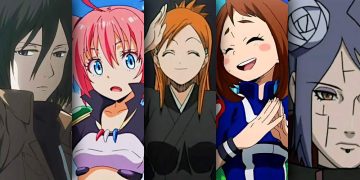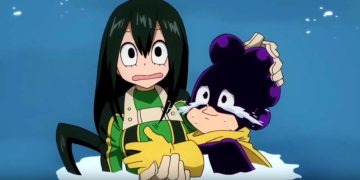Anime creators—and manga creators, known as "mangaka"—like to derive their characters' names from stories outside Japan, taking inspiration from foreign cultures. You know, much like how we do with Western characters in TV, movies, and books.
But it doesn't always happen that way. Sometimes anime characters have names wrought with irony, puns, and other kinds of Japanese wordplay that are impossible to catch if you aren't fluent.
Whatever the case, there are some really interesting names in anime! And they're worth diving into for extra insight.
Check out these cool anime character names and where they came from, shedding light on their meanings and origins.
15. Izanagi and Izanami (Naruto Shippuden)
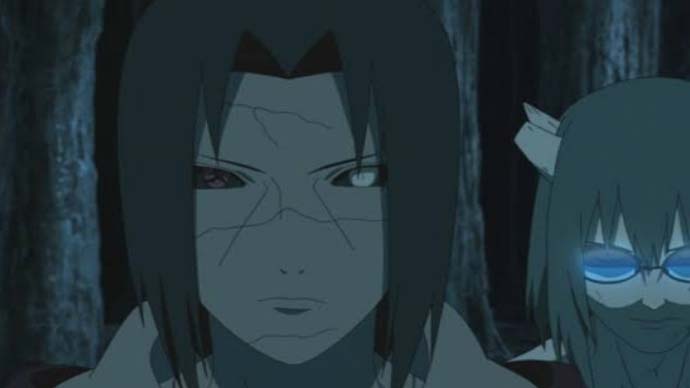
Naruto and Naruto Shippuden are home to dozens of awesome names that are littered throughout the series. Pretty much every name that's important to the story has at least one extra layer of meaning.
Izanagi and Izanami are the names of two ocular techniques performed by Sharingan users—so while they aren't technically character names, we're including them because they're based on two important characters in Japanese mythology.
These two names are based on the myths and legends of Izanagi and Izanami, the brother-sister husband-wife god-goddess deities who are said to be the creators of Japan.
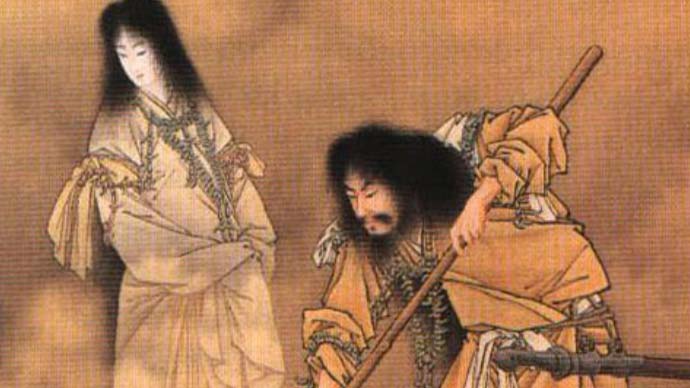
The two ocular techniques are two sides of the same coin. While Izanagi is a technique that alters one's destiny by changing reality itself, Izanami is a technique that decides one's destiny by trapping the victim in an infinite timeloop until they give up and accept their fate.
According to Japanese mythology, Izanagi and his wife Izanami were the ones who created Japan and bore the other gods in Japanese mythology, including Amaterasu, Tsukuyomi, and Susanoo (more names you'll recognize if you watched Naruto).
14. Shinigami (Bleach/Death Note)
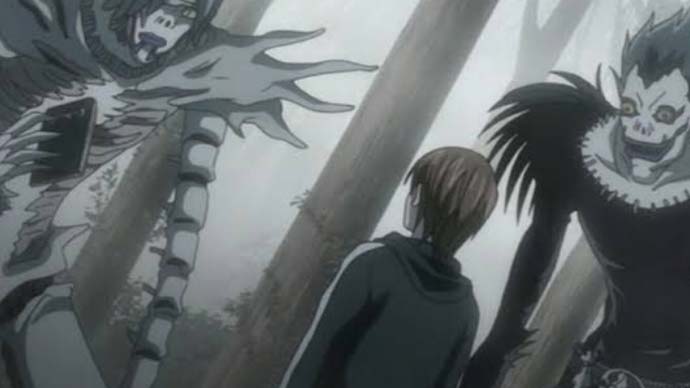
In Bleach, shinigami is the collective name for the members of Soul Society who exist to maintain balance between the realms of the living and the dead. In Death Note, shinigami are the demonic beings who are the original owners of the Death Notes.
In Japanese culture, shinigami are death gods or death spirits—supernatural beings who invite humans to death. That's not far from Death Note's concept, but not exactly analogous to Bleach's concept. Either way, shinigami are always related to death and the afterlife.
13. Uchiha (Naruto Shippuden)
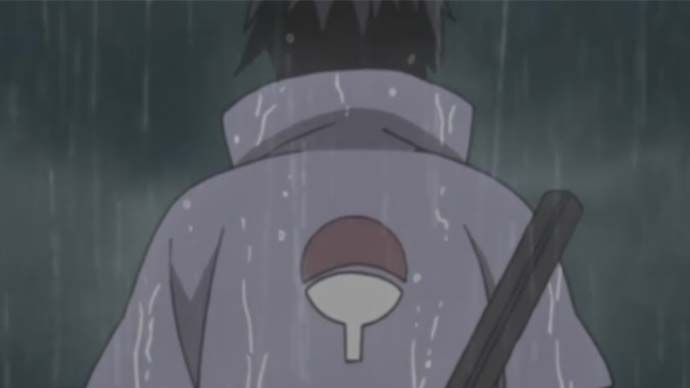
In Naruto, the Uchiha clan is blessed with a special ocular technique called Sharingan. The name Uchiha is derived from the Japanese word uchiwa, meaning "traditional Japanese fan."
That fan is depicted in the clan's crest and is fitting for a clan of ninjas who are masters of Fire techniques—because fans were traditionally used to intensify the strength of flames while cooking.
12. Zabimaru (Bleach)
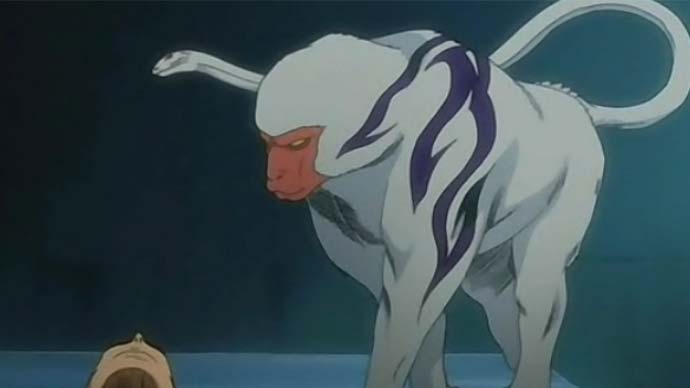
In Bleach, Zabimaru is the name of Renji Abarai's sword—a special sword with detachable and interconnected blade segments that can stretch and reach far targets. The word zabimaru literally means "snake tail," which fits the sword's characteristics.
However, the spirit form of the same sword is a Nue: a mythical Japanese chimera with the head of a monkey, legs of a tiger, body of a dog, and a snake for its tail. The sword's name comes from the snake-tail portion of the Nue!
11. Itachi (Naruto Shippuden)
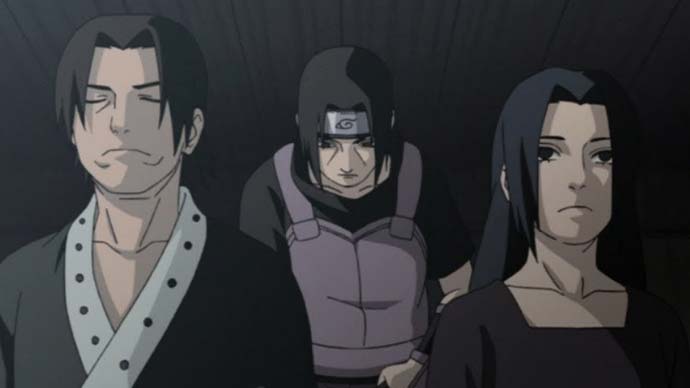
The more you dig into the Uchiha clan, the more you'll find cool character names—but there's one that pretty much every Naruto fan ends up looking into deeper: Itachi.
Itachi's name is derived from the Japanese word for "weasel." According to Japanese mythology, the weasel is a bad omen and the harbinger of bad luck and death.
Seeing as how Itachi Uchiha ended up slaughtering his entire clan—including his parents—we'd say that's a fitting name.
10. Muzan (Demon Slayer)
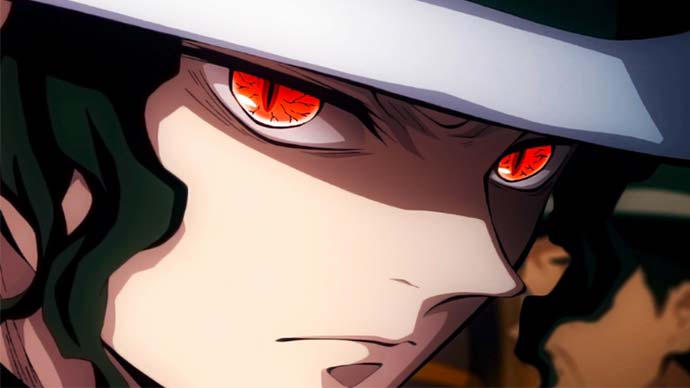
Muzan Kibutsuji is the main villain of Demon Slayer (and the source manga Kimetsu no Yaiba). He's the top-ranking demon who can make any human turn into a monster on command—or simply kill them with his overwhelming strength.
In Japanese kanji, mu means "empty" while zan means "tragedy"—but when the two are combined, the resulting word muzan means "brutal," which is exactly what this character is all about.
9. Kakashi Hatake (Naruto)
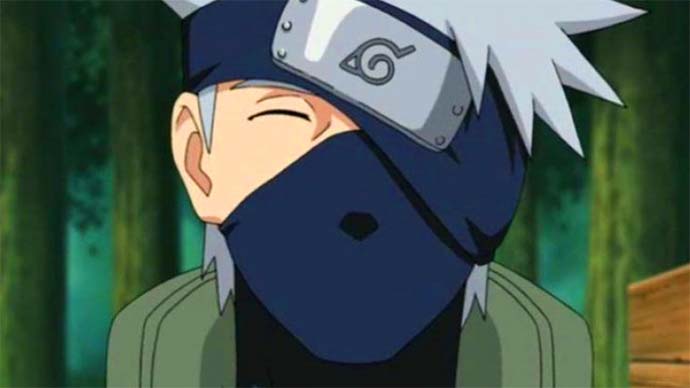
Kakashi Hatake's name can be translated as "scarecrow in the fields." This mirrors his duties as a teacher and a Jonin: to protect the young ninjas of Konoha, much like a scarecrow protects crops.
However, the tables turn when the scarecrow becomes the victim of literal crows: when the crow-themed Itachi uses Tsukuyomi, he leaves Kakashi mentally tortured and unable to fight back.
8. Mikasa (Attack on Titan)
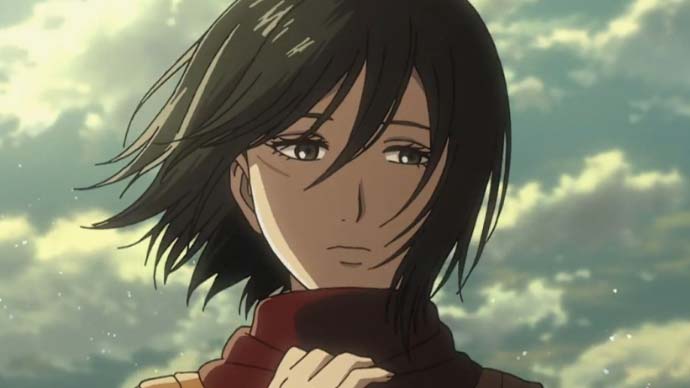
Mikasa Ackerman of Attack on Titan is one of the most popular characters in all of anime, which goes well with her name.
If you look up the word mikasa, you'll find several variant meanings depending on how the kanji are written, but they're all pretty similar and they all apply to our beloved character: beauty, kindness, bloom.
7. Naruto (Naruto)
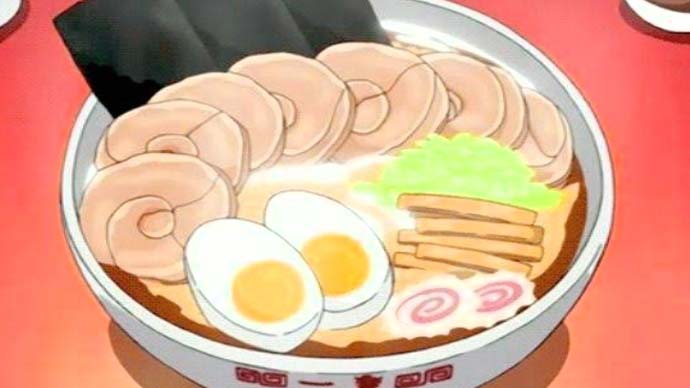
If you've watched Naruto, then you know how much the main character Naruto loves ramen. That's not a coincidence!
His name is based on the Japanese word for a type of fishcake roll, which is sliced and served as a classic ramen topping.
You see the white thing with pink swirls in the image above? That's called narutomaki (or naruto for short).
Fun fact: Naruto's evil counterpart in the movie Road to Ninja: Naruto the Movie is named Menma, another ramen topping!
6. Escanor (The Seven Deadly Sins)
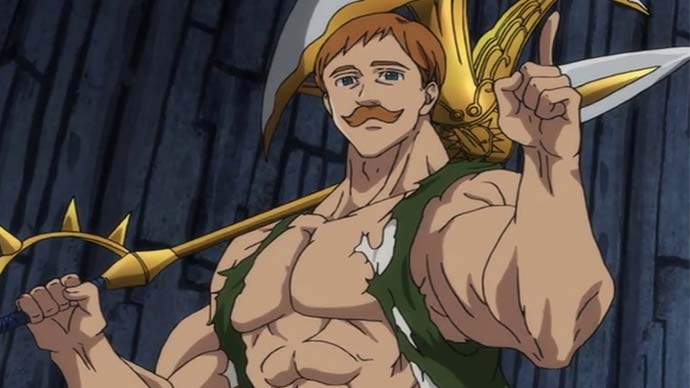
The name Escanor of The Seven Deadly Sins comes from an Arthurian legend: Escanor the Large is the son of a giant and a witch, who has power that rises and falls with the sunrise and sunset—just like the ability of the Lion's Sin of Pride, Escanor.
Several names from the The Seven Deadly Sins series are based on Arthurian legends, including Merlin, Meliodas, Ban, and Gowther.
5. Hinata (Naruto)
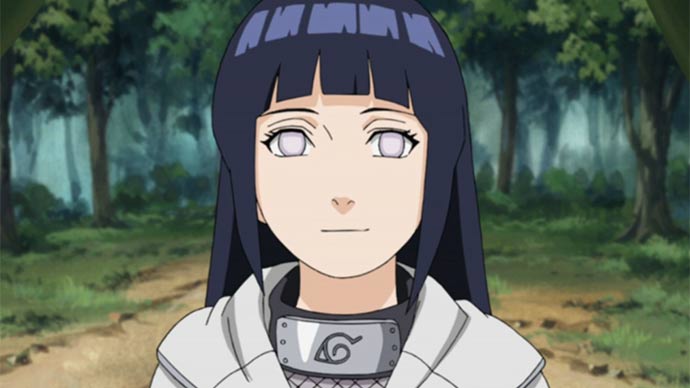
Hinata from Naruto is one of the most popular female anime characters, and her name provides insight into one of the reasons why she's so beloved.
The name comes from the Japanese word hinata which means either "sunny place" or "toward the sun" (depending on which kanji are used). Hinata can also be a non-standard reading of the word himawari, which means "sunflower."
The name Hinata can be seen in other anime series as well, with another notable character being Shoyo Hinata of Haikyu!!.
4. Sakura
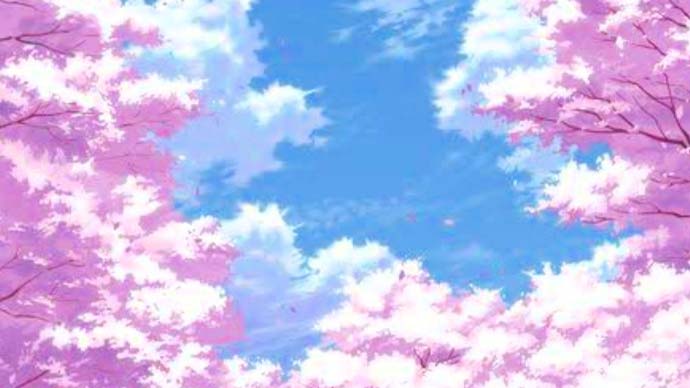
The name Sakura is used all throughout Japanese media, ranging from anime to manga to TV shows to movies to books.
And why wouldn't it be? It's one of the most popular Japanese names of all time, based on the national flower of Japan: cherry blossoms! The flower symbolizes renewal and optimism.
Japanese culture treasures sakura as it holds historical significance.
3. Kakarot (Dragon Ball)
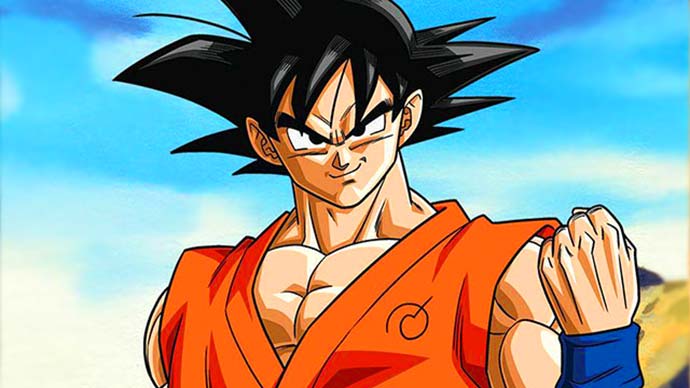
Akira Toriyama's characters in the Dragon Ball series follow a weird but fun pattern based on fruits and vegetables.
While the main character of the series is best known as Goku, his birth name is actually Kakarot, inspired by the word carrot. His brother's name, Raditz, is obviously based on radish. And it doesn't end there! They all come from Planet Vegeta (vegetables).
On the flip side, you have Vegeta's family on Earth who have their own weird names. From Dr. Briefs to Trunks, you can guess what they mean.
2. Usagi Tsukino (Sailor Moon)
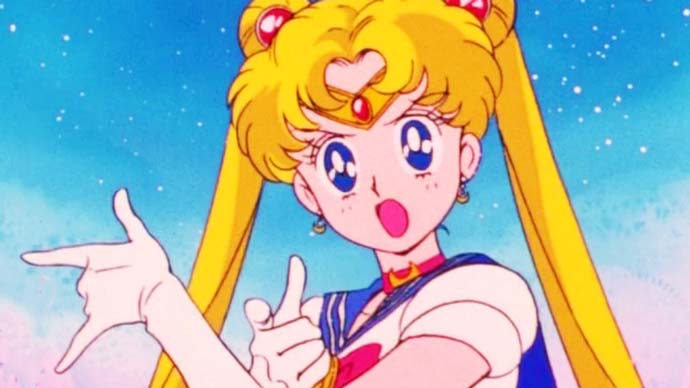
The series Sailor Moon features an all-female group called Sailor Guardians who have codenames based on the planets of the Solar System—except for Earth. Instead, Earth's moon is used as the codename for the group's leader, Sailor Moon.
Sailor Moon's real name is Usagi Tsukino, which is translated as "rabbit of the moon." It actually makes sense because Eastern cultures often symbolically relate rabbits with moons.
For example, Japan and China have myths about a rabbit accompanying the Moon Goddess, creating the elixir of immortality.
And in real life, if you look at the brightly-lit full moon, you can see the dark pattern of a rabbit in the moon's surface.
1. Osamu Dazai (Bungo Stray Dogs)
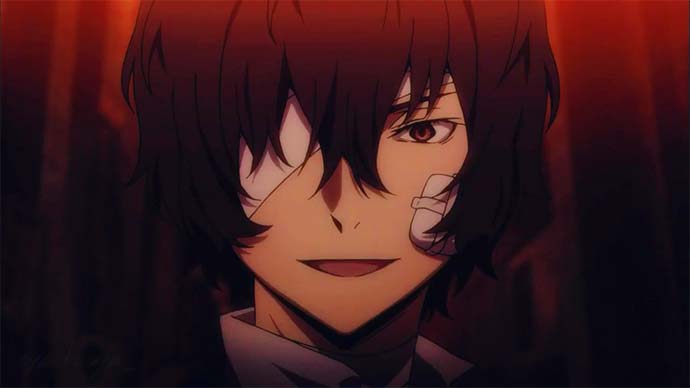
If you dig deeper into the lore of Bungo Stray Dogs, you'll see how its creator brilliantly portrayed great authors and their works and blended them into a captivating story.
One example is Osamu Dazai, the suicidal agent of the Armed Detective Agency. His name is directly derived from the pen name of Shuji Tsushima, who's better known as Osamu Dazai.
The character Dazai's ability-nullifying power is called No Longer Human, which is the name of a novel authored by the real-life Dazai.
Furthermore, the suicidal attitude of Dazai was inspired by the main character of No Longer Human, who happened to commit double suicide with a woman.
Beyond just Dazai, there are plenty of other authors referenced throughout Bungo Stray Dogs, including Ryunosuke Akutagawa, Atsushi Nakajima, H.P. Lovecraft, Mark Twain, and more.
